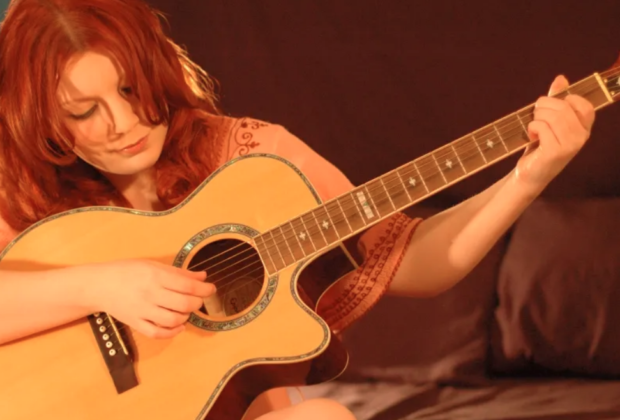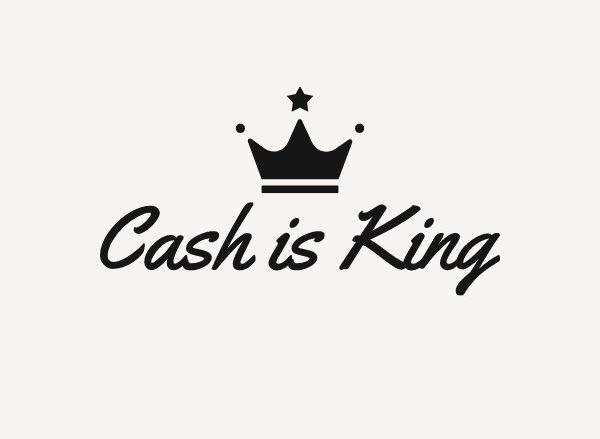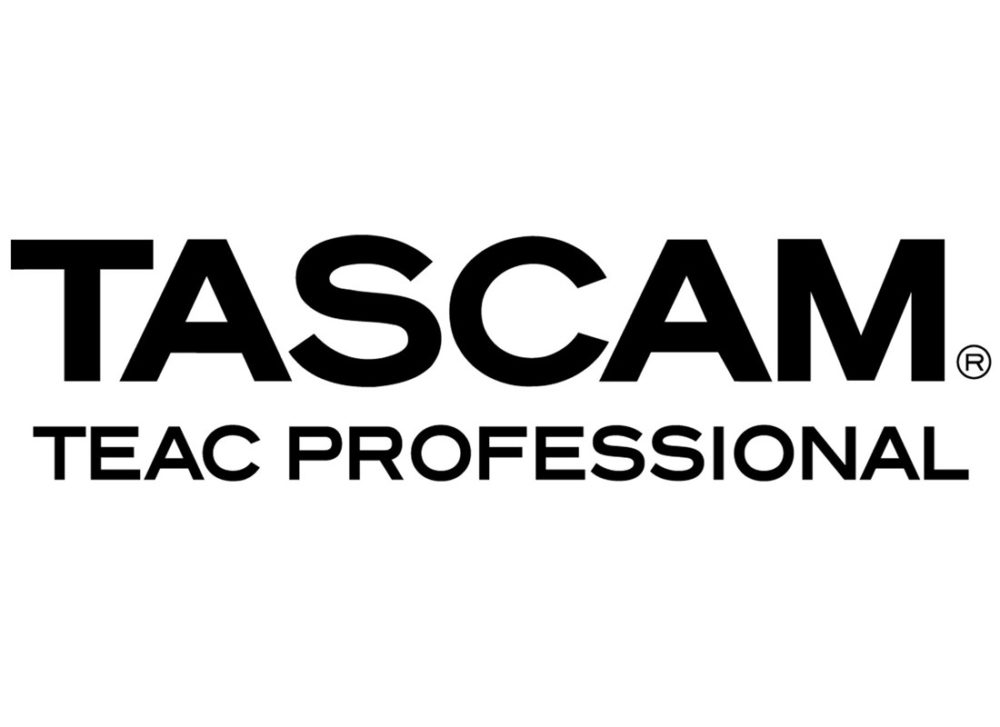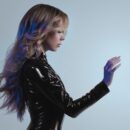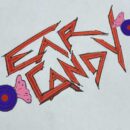How to Be an Amazing Top-Liner in Today's Music Industry
So what makes a good top-line? The melody is the most important part of any hit song, but so are the lyrics. You need to be able to combine these two skills in order to make a song that people will want to listen to. Creating a memorable melody line is one of the most important skills, but the hardest part is creating a melody that works well with the music.
I like to be able to sit with an instrumental for an hour or more while I think of a great melody. Personally, it’s all about how the music makes me feel; sometimes sad or happy, and even confused or angry.
I will start with humming a melody as I listen to the music and I make sure I have some type of device recording the melody ideas, like my phone or working within a DAW. A smart phones voice-memo app allows me to get down a lot of ideas without forgetting them, and is very useful when laying down different melody ideas.
Most of the time I’ll just go right into the vocal booth and start recording ideas even before I have the lyrics straight to the DAW. Just a little advice when coming up with melody lines: Never come in singing the root note of the chord! If your chorus is in B, don’t start your melody with a B. Starting on a different note will make the melody much more memorable and not boring. This will also help with the emotional level of the song. I use emotion to create for the next step in the songwriting process, which is lyrics.
Lyrics, for me, have to have a personal meaning. No matter what genre I’m working in. A good country song will have a flip phrase that’s clever, an amazing Adult Contemporary song will have a strong meaning of loss, hurt, pain, or even happiness and growth. A rock song can be sad, angry etc. It doesn’t matter what genre you are writing for, so long as you have a good “core” idea that is relayed in a memorable way.
Lots of songwriters I’ve worked with tend to jump ideas around throughout a song, and I’ve seen some writers have two entirely different themes in one song.
Too many ideas in one song becomes very confusing for the listener.
You should listen to your lyrics after you have written them. Is this the message you are trying to relay? Is it getting through to the listener? Did you confuse the listener? Do you need to re-write a few parts? Is the melody working with the lyrics you created? You have to be able to constructively go through your song and pick out the parts that don't work with your core idea. This goes for the lyrics, melody and the music.
Sometimes after you start writing to an instrumental, you will find the music at one point is just not suiting your melody. So your fix to this might just be rewriting those sections with new music, and re-working the melody/lyric for the new part. Sometimes you might find, after spending hours on it, that the lyrics are all over the place, and the story or theme of the song doesn't make sense. This is when you need to remove some lyrics and replace them with words that work with the core idea that you are trying to relay.
Being open-minded and constructive about your work is always your best bet. Some people don't like their work to be judged. This is something you need to get over. I always have 10 friends give my songs a listen after I am done. I like to hear their thoughts about the song, because I want to make sure my message actually got through to the audience. If it did, then I am successful! I also like to hear if they thought the song was boring or too short, to long, etc. If they say it’s kinda boring and it drags, I know I have failed on a good melody for that song. So, after I have the opinions about my new song I can go back and start changing things to make it work.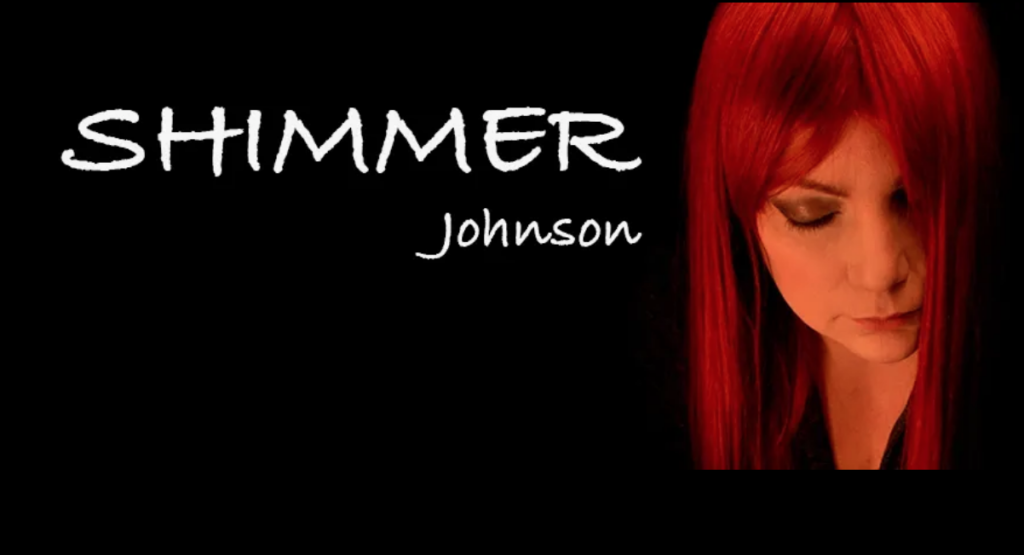
Everyone can write a good song, but not everyone can write a hit song. Hit songs take time. Everything needs to flow in the right direction. Don't rush to get your music out because of a deadline. Only put out your best work. You only have that one shot to make a first impression with your audience. Especially when you are a recording artist releasing these songs!
Let’s talk about bridges. A bridge in a song is a way to change the song up a bit. I personally use the bridge to draw a conclusion to my core idea. It’s a way to wrap up the meaning of the song. Bridges are very important to the flow, the audience likes to hear a resolution. Just like when you read a novel. You don't want to leave the listener with a cliffhanger. Of course, this rule is meant to be broken at times. Some songs live off of cliffhanger ideas—Gets the listeners thinking. Personally, I like to be able to write songs where listeners can insert themselves into the narrative. The songs are relatable.
Relatable songs are the key to my success. I prefer to write about emotions and what I’m thinking or feeling when I hear the initial music bed. I like to write about how I reacted to certain situations, or tell a story or a situation, and when I get it just right, my audience connects to my emotion via my melody and lyrics.
If you can find a good melody to push the listener into feeling your emotions, then you’ve got a hit! I also like to change up my voice from soft, to hard or breathy. This is the best way I know to convey emotion in a song. Don't just sing at the same level for the entire song, use dynamics. If you want a song to connect it has to have these dynamics vocally, lyrically and musically.
We all are given a different canvas, it’s up to each of us to fill it with ourselves to create a masterpiece.
Hot AC/Pop Artist SHIMMER JOHNSON recently released her debut recording INNER ME featuring the chart-topping single “Priceless.” The project is available on all platforms worldwide. Contact Shimmer at shimmerjohnson.com or via her publicist Tom Estey at tomestey.com.

